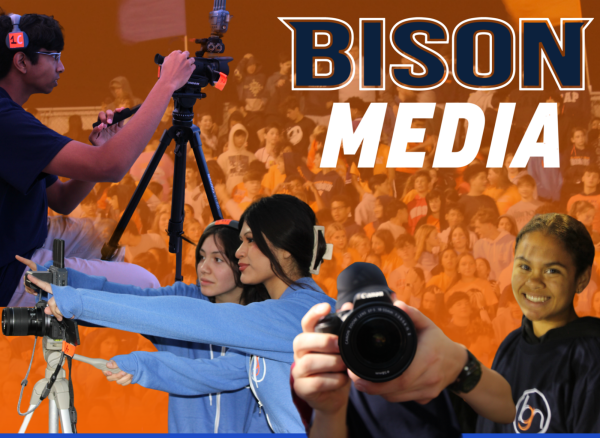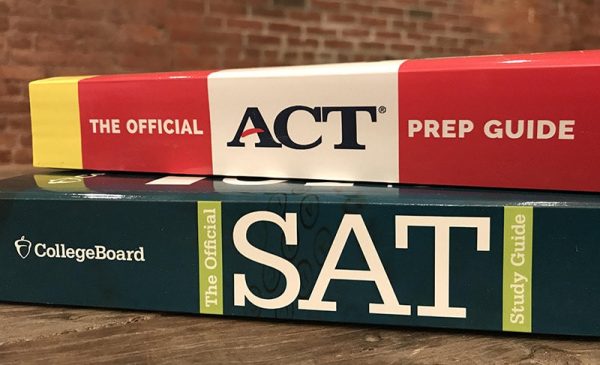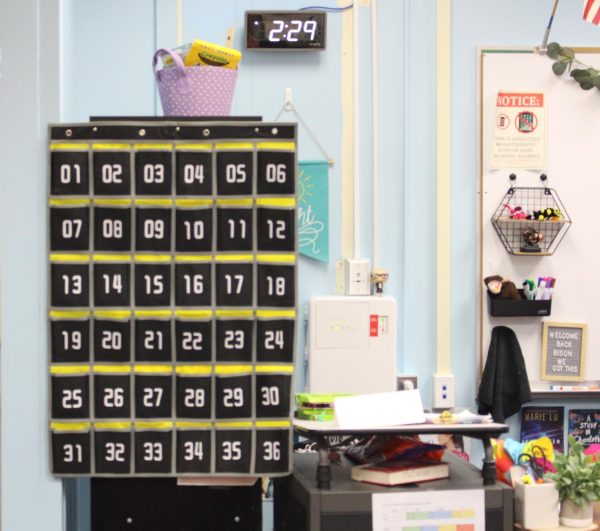PERFORMING ARTS PATHWAYS
Music: Band, orchestra and choir, are all included in the broader music career pathway. Courses in this pathway include AP music theory, band and choir, however there are also several opportunities outside of class for students interested in music. This is the second year of the Careers in Music series, which exposes students to a variety of interests in the music realm. According to band director Henry Kappler, the program has brought in several professionals in the music industry, ranging from performers to entrepreneurs involved in music. Later in May, there will also be a field trip including a private backstage tour of the Lyric Opera where students have the chance to meet the performers, pit musicians and people in careers involved with the current production at the theater.
There are also specific internships depending on a student’s interest and their time commitment; depending on the student this is usually an independent study. In orchestra, band and choir there are smaller ensembles like Vocal Jazz and Chamber Orchestra that perform in the community and occasionally participate in competitions. According to orchestra director Elizabeth Bennett, although orchestra is a performance-based class, there are opportunities within the course to learn about composition, how to repair an instrument and even the physics of sound. Although performance is one focus, according to choir director Debora Utley the numerous options for careers is an important part of the music pathway. Careers in this pathway vary from an acoustician(someone who measures the acoustics of a room) to a copyright lawyer.
“[Music] is not just important for students, it’s important for our culture and our world,” Bennett said. “If we can better our students here through it, then they are going to better the world.”
Dance: Courses related to this pathway include Dance and Orchesis. This pathway is still in the planning stages, but according to dance teacher and Orchesis director Michelle Carrison, in a survey sent to alumni, 81% believe that their experience in the performing arts was of value of choosing and supported their current career path. This pathway has begun to expand into the medical field. A trainer from Athletico was brought in to teach Orchesis members how to identify and treat dance injuries. Currently, Wheeling high school has a program focusing on being a dancer in college or a choreographer and also how this can relate to the medical field. Careers in this pathway include professional dancer, choreographer and dance therapy.
“I think it’s worth noting that we’re in the beginning stages of this,” Carrison said. “So this is just the starting point with having our alumni collecting some data, and now each school is working into at their school what would be a career pathway at their school if you were in this field and what would your courses would look like over your four years here.”
Theater: For the theater career pathways, there are two main focuses: technical theater and the performance aspect. Courses for these pathways include Acting, Intro to Engineering and Media Tech, where students can learn to hone their visual skills. Micro internships and internships are also currently available for students interested in technical theater, regardless of what courses they’re taking. Internships are through the district and students are given the opportunity to work at local theaters or recording studios. In the performance aspect, students are required to audition for productions and Acting, Dance and choir are courses offered related to the career pathway. Students can also be involved in BG’s theater productions, including a fall and winter play and a spring musical. Careers in this pathway include actor/actress, swings, stagehands and house managers.
“In the theater realm there are a lot of careers to choose from,” fine and performing arts co-coordinator Eric Garneau said. “It’s a really broad set of interest areas and there are dozens of different careers but they have a lot in common.”





